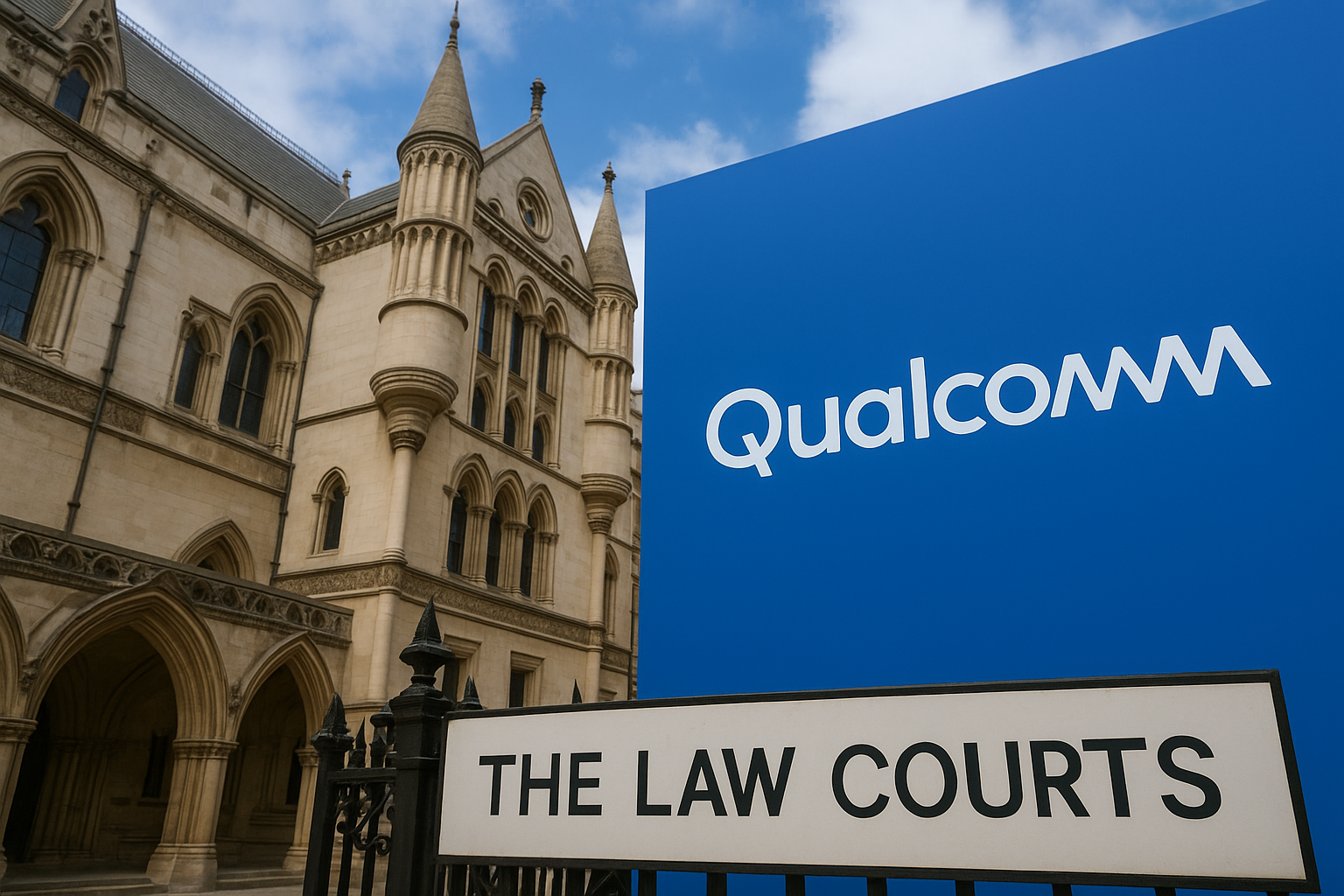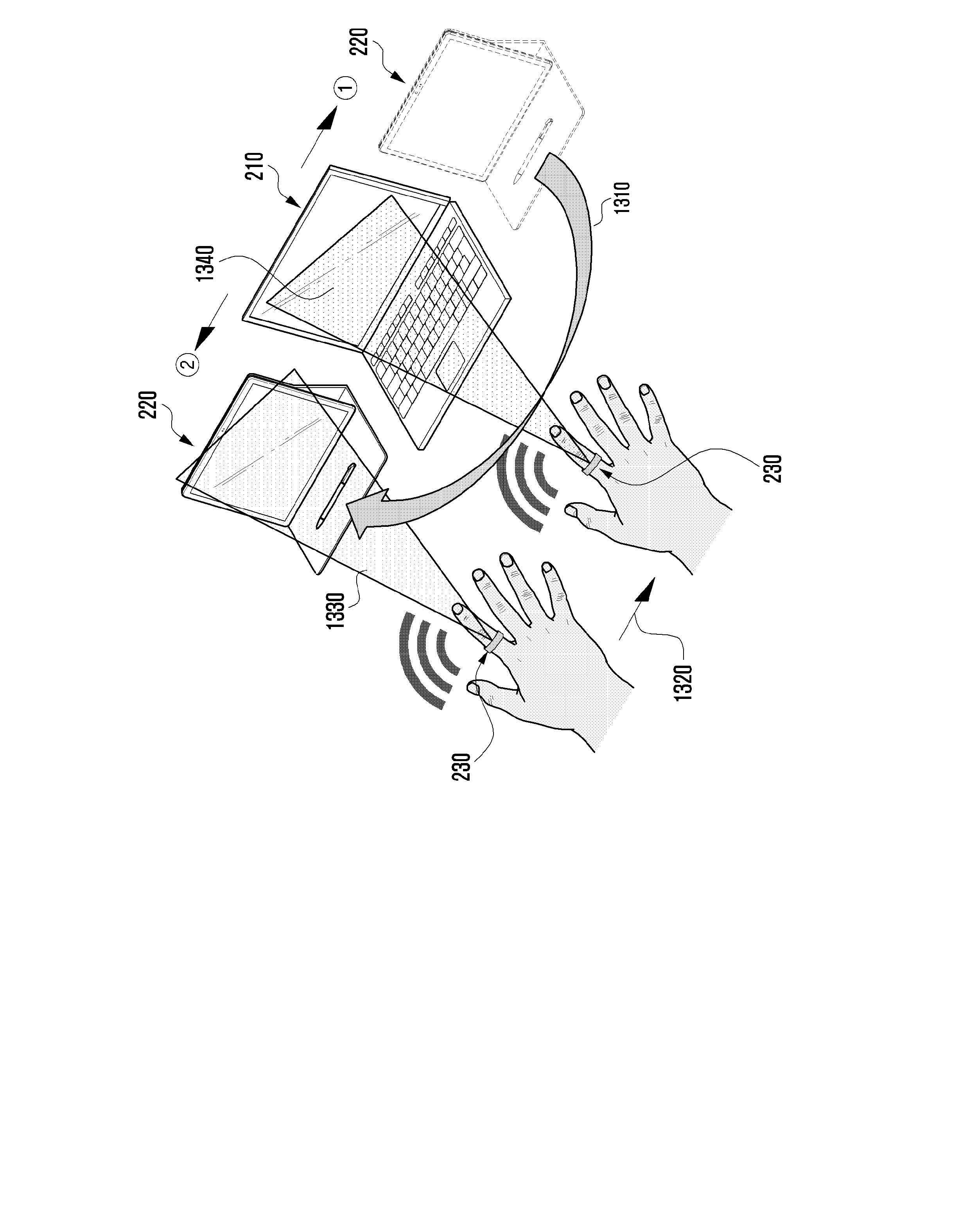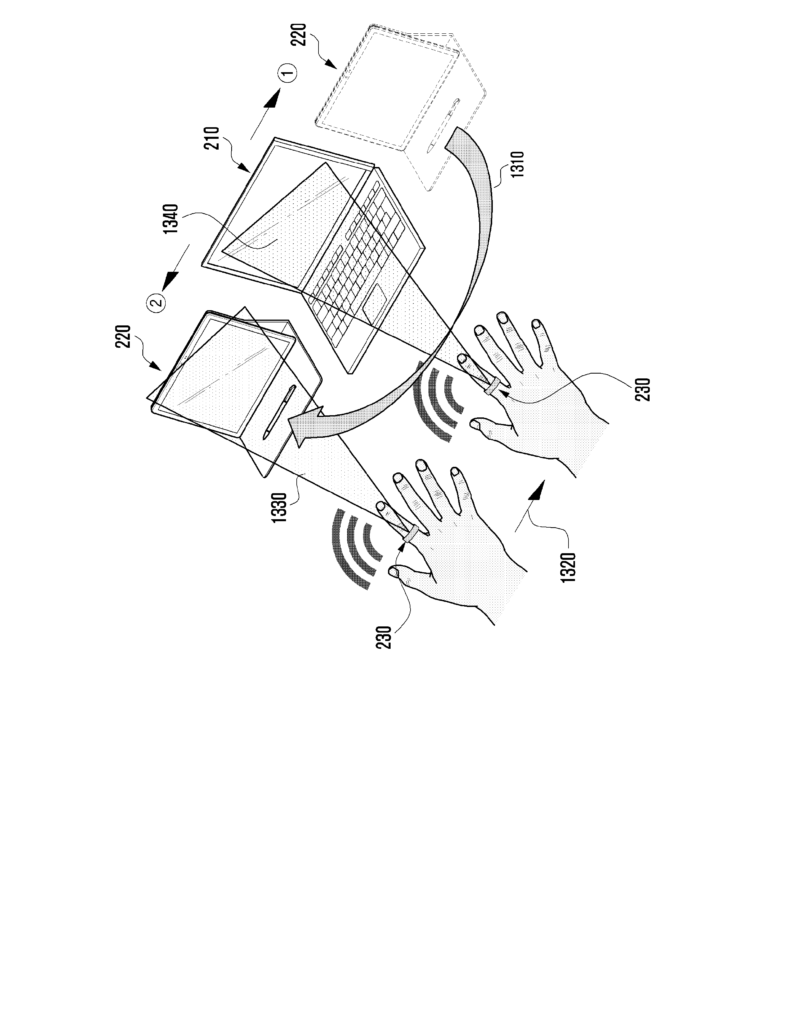U.S. chipmaker Qualcomm is facing a major legal challenge in the United Kingdom over alleged abuse of market dominance in its patent licensing and chip supply practices.
Consumer watchdog Which? has brought a £480 million (US$647 million) lawsuit before the Competition Appeal Tribunal (CAT) in London. The group claims Qualcomm imposed unfair conditions on smartphone manufacturers, leading to inflated prices for millions of UK consumers.
According to Which?, Qualcomm’s “no licence, no chips” policy forced companies like Apple and Samsung to obtain patent licenses before they could purchase Qualcomm’s chipsets. The consumer group argues that this practice created an “industry-wide private tax”, ultimately passed on to smartphone buyers.
Allegations of Market Abuse
The lawsuit accuses Qualcomm of abusing its dominant position in the markets for both mobile chipsets and standard-essential patents (SEPs). These SEPs are crucial for mobile communication standards such as 4G and 5G, and patent holders are generally required to license them on Fair, Reasonable, and Non-Discriminatory (FRAND) terms.
Which? claims that Qualcomm violated these principles by tying chip sales to costly patent licenses. The group says this practice distorted competition and inflated royalties that device makers paid for access to Qualcomm’s technology.
Qualcomm Defends Licensing Practices
Qualcomm has denied all allegations of wrongdoing. The company argues that its licensing terms are consistent with global industry norms and that manufacturers such as Apple and Samsung possess substantial bargaining power.
A Qualcomm spokesperson said the company’s business model is lawful and has been upheld in previous court decisions. The firm pointed to the U.S. Ninth Circuit Court of Appeals ruling that overturned a similar case filed by the U.S. Federal Trade Commission (FTC), which found Qualcomm’s licensing model to be legitimate under U.S. antitrust law.
Consumer Impact and Wider Implications
Which? estimates that around 29 million UK consumers who purchased iPhones or Samsung devices since 2015 were affected by Qualcomm’s practices. The lawsuit argues that inflated royalty costs were passed on to customers in the form of higher handset prices.
If the tribunal rules in favor of Which?, Qualcomm could be ordered to pay hundreds of millions in damages and alter its licensing policies in the UK. The case could also influence how standard-essential patent licensing is handled across Europe and other markets.
The trial, expected to run for five weeks, will determine whether Qualcomm’s conduct breached UK competition law. A separate hearing may follow to decide the amount of compensation if the company is found liable.
Broader Context
This case echoes regulatory scrutiny Qualcomm has faced worldwide. In 2018, the European Commission fined the firm €997 million for abusing its dominance in LTE chipsets. Similar disputes have arisen in South Korea, China, and the United States, where authorities have examined Qualcomm’s licensing policies.
A ruling against Qualcomm in the UK could set a major precedent for how tech giants manage their intellectual property and pricing models in the mobile industry.



